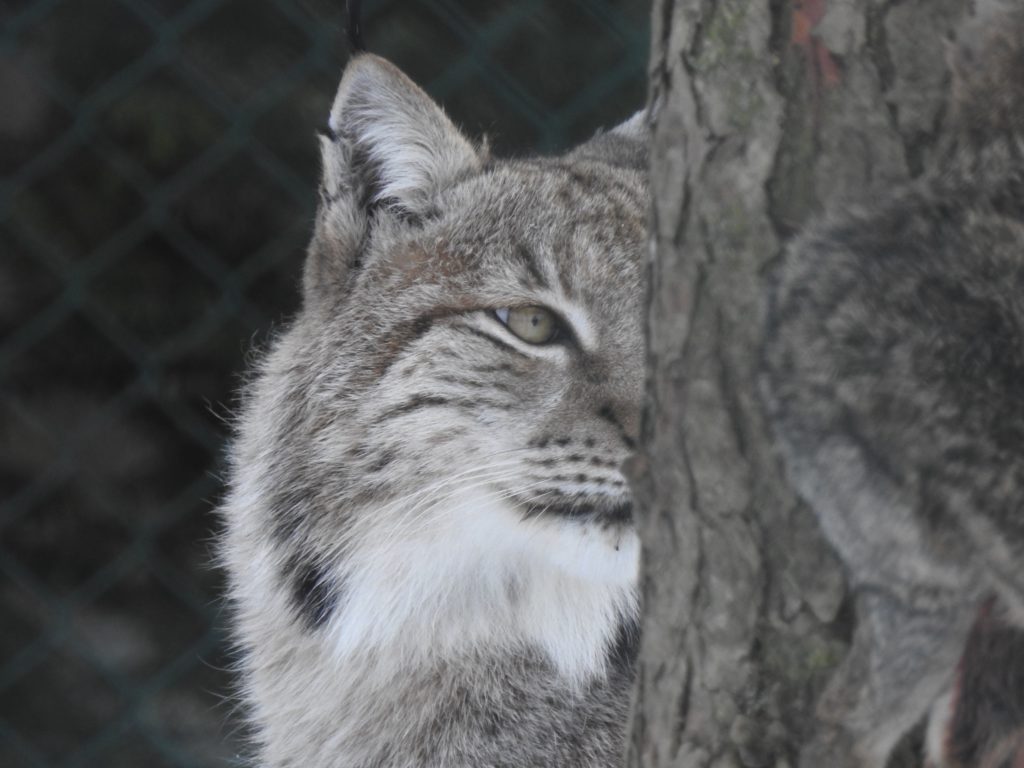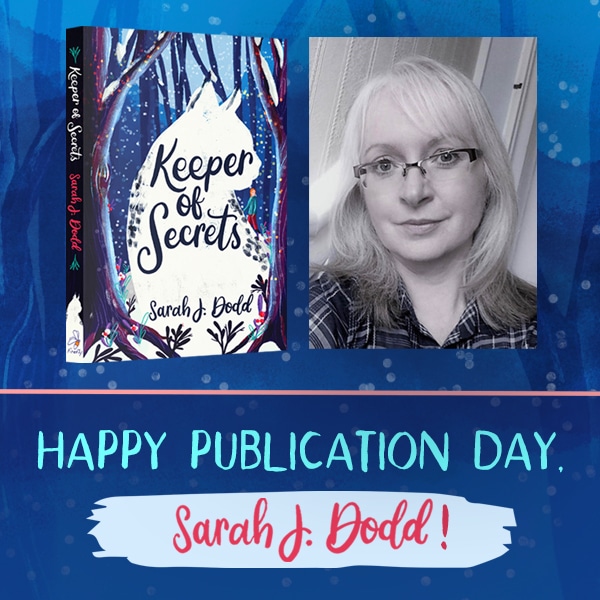Keeper of Secrets author Sarah J Dodd discusses Emily’s emotional journey and the themes of nature and the wild.
When people ask me why I decided to write about the rewilding of lynx in Keeper of Secrets, the answer is – I didn’t! Not at first, anyway. I’m not the kind of writer who plans a story at the outset (though I sometimes wish I was – it must be so much more efficient), so I simply started with a setting and a season – a misty, mysterious village in winter. Then I brought in my protagonist, Emily, with her grief and loneliness, which seemed to match the darkness of this northern location. I knew I wanted to include big cats roaming in the wild because that has always intrigued me, and that’s when I came across the concept of rewilding lynx in the UK.
Straight away, I realised that it would probably provoke strong opinions in people, either for or against, and thought it would be a great background for the more central story about Emily and her emotional journey. It’s also very topical, since there are consultations taking place now about whether to try this out for real. In the book, different views are raised with (hopefully) equal empathy, from the sheep farmers worried about their flock to the ecologists passionate about restoring the balance of nature. I hope it’s clear throughout Keeper of Secrets that the lynx are beautiful creatures, simply being their natural predator selves. Even when Emily tries to rescue a lynx kitten, it never becomes a pet and she is forced to recognise that nature needs to stay wild and can’t always be tamed to suit humans.

The emotional themes of the book are loneliness and loss, things that we all experience at some point. Loneliness is the invisible ‘beast’ that stalks Emily and frightens her even more than the ones she can see. All the characters in the book have this in common, even though they are lonely for different reasons. They may completely disagree about the lynx rewilding project, but they still need each other. I think this is really important for children to realise – that you can be friends with someone who sees things differently than you do. If we can all learn to listen more and judge less, and to come together around our shared humanity, then perhaps the loneliness beast will become endangered or even extinct.
It’s well documented that being in nature is good for mental and emotional health, and if even one more child or family ventures out into the countryside as a result of reading Keeper, that will be a huge bonus. But reading is also an important way to keep ourselves robust and curious, to realise that, whatever difficult emotion we may be experiencing, we’re not the only one. My overwhelming motivation in writing the book was that a child out there who is lonely or grieving might read it and find comfort and relief in knowing that they are not, after all, alone.


